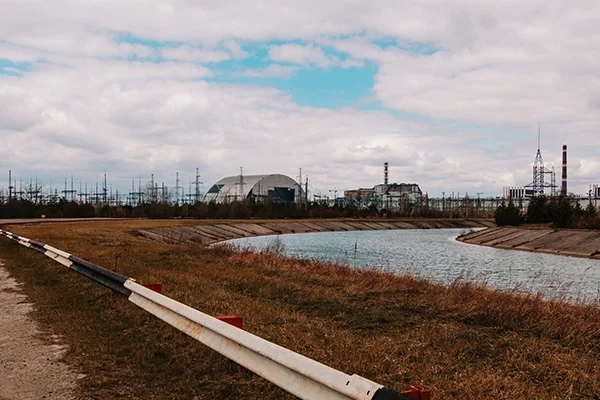In the industrial world, operational efficiency depends on several factors, including the proper functioning of sealing and filtration systems. You know that these solutions are not only necessary to prevent losses or accidents, but also to ensure process performance and quality. As the industry moves towards automation and sustainability, sealing and filtration systems have become strategic allies in resource optimization.
Sealing as a critical factor in system protection
Sealing systems are essential for maintaining the integrity of industrial equipment and preventing fluid leaks. You will see that a poorly installed gasket or a defective seal can have serious repercussions on operations, causing material losses, environmental contamination, and even workplace accidents.
Proper sealing not only prevents these leaks, but also optimizes the use of resources. This is especially important in the energy industry and the naval sector, where essential fluids must be kept under control at all costs. Advances in materials such as elastomers, Teflon, and other polymers have enabled greater reliability and resistance in extreme conditions.
Advanced filters for efficient purification
Filtration is another key component that ensures operational efficiency in many industrial sectors. You know that the right filter can make the difference between an efficient and an inefficient process, as it prevents contamination of systems and ensures that only the desired components flow through the machinery.
In sectors such as chemicals, pharmaceuticals, and food, the quality of filtration is even more critical, as it ensures that products are not contaminated with particles, residues, or impurities that could compromise their quality. Current filtration technologies, such as membrane filtration and high-precision filters, allow for much more rigorous control.
Technological innovation in sealing and filtration systems
Digitization and automation have also reached these systems. You will see that new smart filters and advanced sealing systems integrate sensors that monitor the status of equipment in real time. These sensors allow the detection of potential failures before they occur, facilitating scheduled interventions and avoiding costly unplanned downtime.
In addition, the integration of these systems with industrial management platforms allows for data visualization and analysis, which optimizes decision-making, reduces the risk of human error, and improves the efficiency of the entire process.
Impact of sustainability on sealing and filtration systems
With the growing focus on sustainability, sealing and filtration systems have also evolved to reduce their environmental impact. Today, the industry is looking for solutions that not only improve efficiency but also respect the environment.
The selection of recyclable materials in gaskets, filters, and other components is becoming increasingly common. In addition, solutions that allow for the reuse of filtration systems, such as self-cleaning filters, contribute to waste reduction. This type of innovation not only benefits the environment, but also reduces long-term operating costs, improving the competitiveness of companies.
Conclusion
Sealing and filtration systems are more than just functional components; they are strategic allies for the optimization of industrial processes. Those of you who work with these systems know that maintaining efficiency, reducing environmental impact, and ensuring operational safety depend largely on the quality and condition of these systems.
As the industry continues to evolve, technological innovation and sustainability will continue to drive the improvement of these systems. Investing in them is not just a technical decision, but an investment in the profitability and future of operations.

